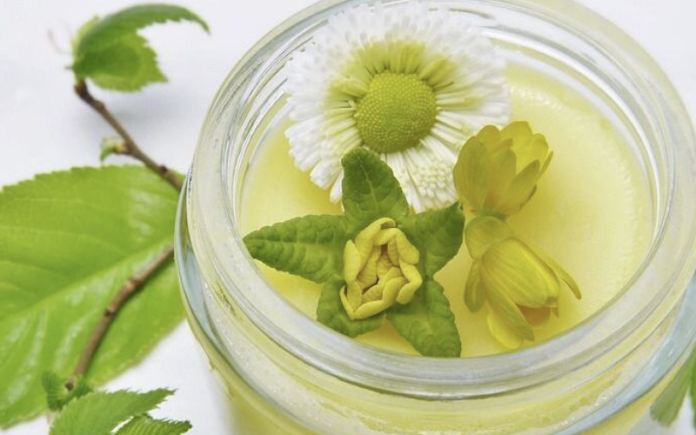Cosmetics and perfume stores are often seen as a paradise for women, filled with a variety of goods for every taste and budget. Eco-works and hypoallergenic cosmetics have become especially popular in recent years.
However, it turns out that not all cosmetics with the definition of "hypoallergen" correspond to the stated characteristics. Experts emphasize that the term "hypoallergenic" merely denotes safe and well -tested cosmetics. However, it is impossible to reliably argue that any remedy is absolutely hypoallergenic, since even safe components can cause an allergic reaction. In particular, natural essential oils, plant extracts, synthetic dyes, flavors and preservatives are the most common allergens in cosmetics.
Testing of new cosmetics is always associated with the risk of allergen detection, which can cause skin or mucous reaction. In order to avoid allergic reactions, it is recommended to choose cosmetics that do not contain specific components that can cause allergies, not simply marked as "hypoallergenic". Paying attention to the inscriptions on the label stating that the product has undergone animal test, consumers with sensitive skin or allergies may reduce the risk of negative reactions.
Regarding eco-and biocosm, experts emphasize that no remedy can be 100% natural due to the presence of preservatives required to ensure a long shelf life. The Eco or Bio Label can only indicate the presence of natural components in the composition, but does not guarantee the complete absence of chemicals.
For people with sensitive skin and allergies tendency, it is recommended to pay attention to the label and composition of the product, choosing agents with a minimal number of components and avoiding a large number of natural extracts and oils. Also, testing the product on the skin before use can help determine its compatibility with the skin.


